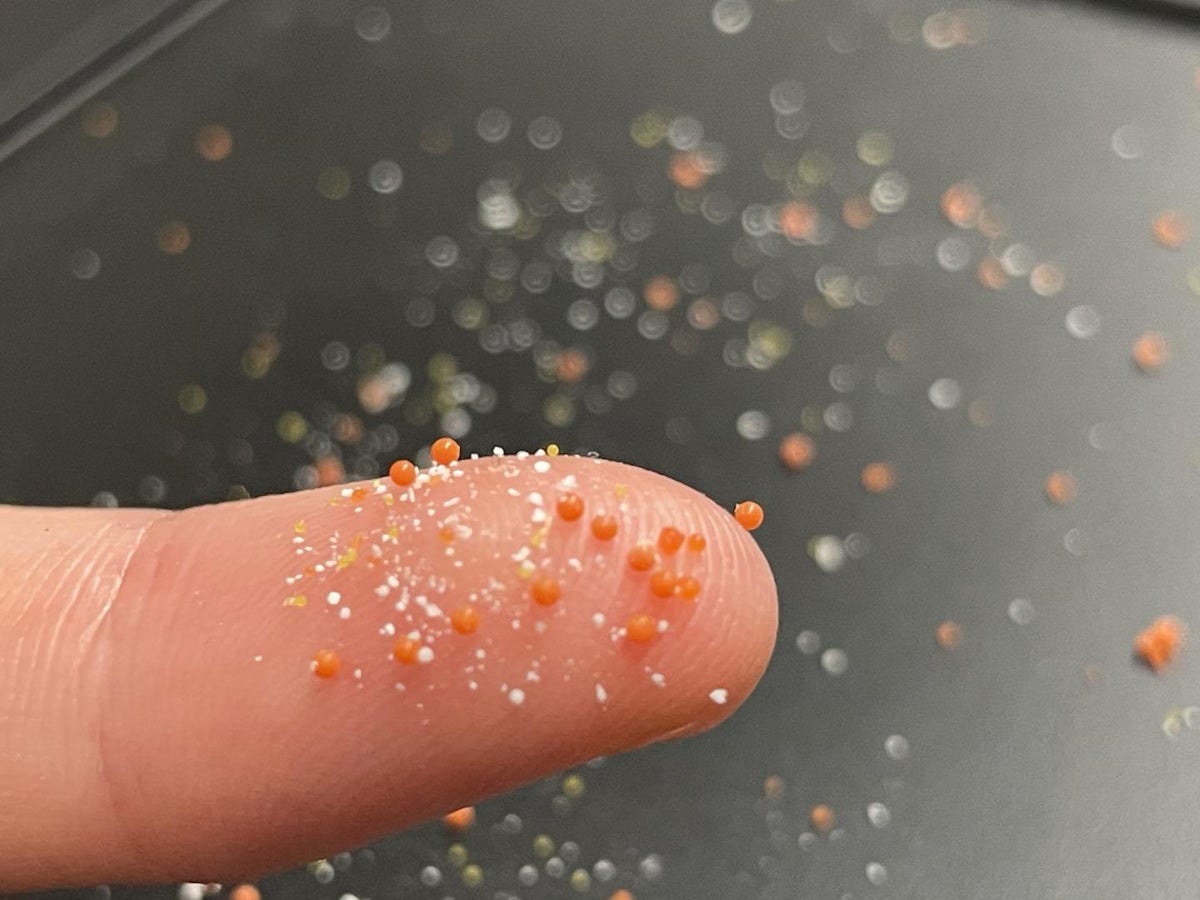
The best of Voices delivered to your inbox every week - from controversial columns to expert analysis Sign up for our free weekly Voices newsletter for expert opinion and columns Sign up to our free weekly Voices newsletter Please enter a valid email address Please enter a valid email address SIGN UP I would like to be emailed about offers, events and updates from The Independent. Read our privacy policy Thanks for signing up to the Independent Voices email {{ #verifyErrors }} {{ message }} {{ /verifyErrors }} {{ ^verifyErrors }} Something went wrong. Please try again later {{ /verifyErrors }} Microplastics have been detected in the smell centre of the human brain for the first time, suggesting the actual quantity of these tiny particles deposited in the body might be much higher than was believed.
The study published on Monday in the journal JAMA Network Open revealed that eight out of 15 autopsied adults in Germany and Brazil had microplastic inside the brain's olfactory bulb. Researchers from the University of Sao Paulo in Brazil said the tiny plastic particles, now ubiquitous in the air, were likely breathed in by the deceased individuals over their lifetimes. While previous research found microplastic.

.. Vishwam Sankaran.










